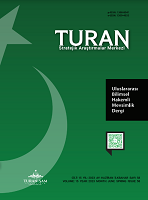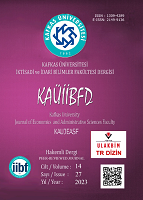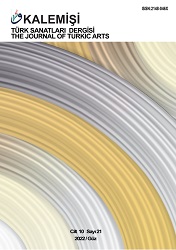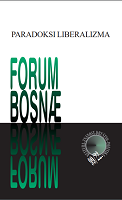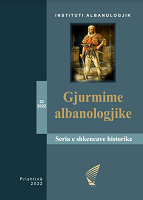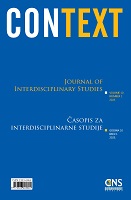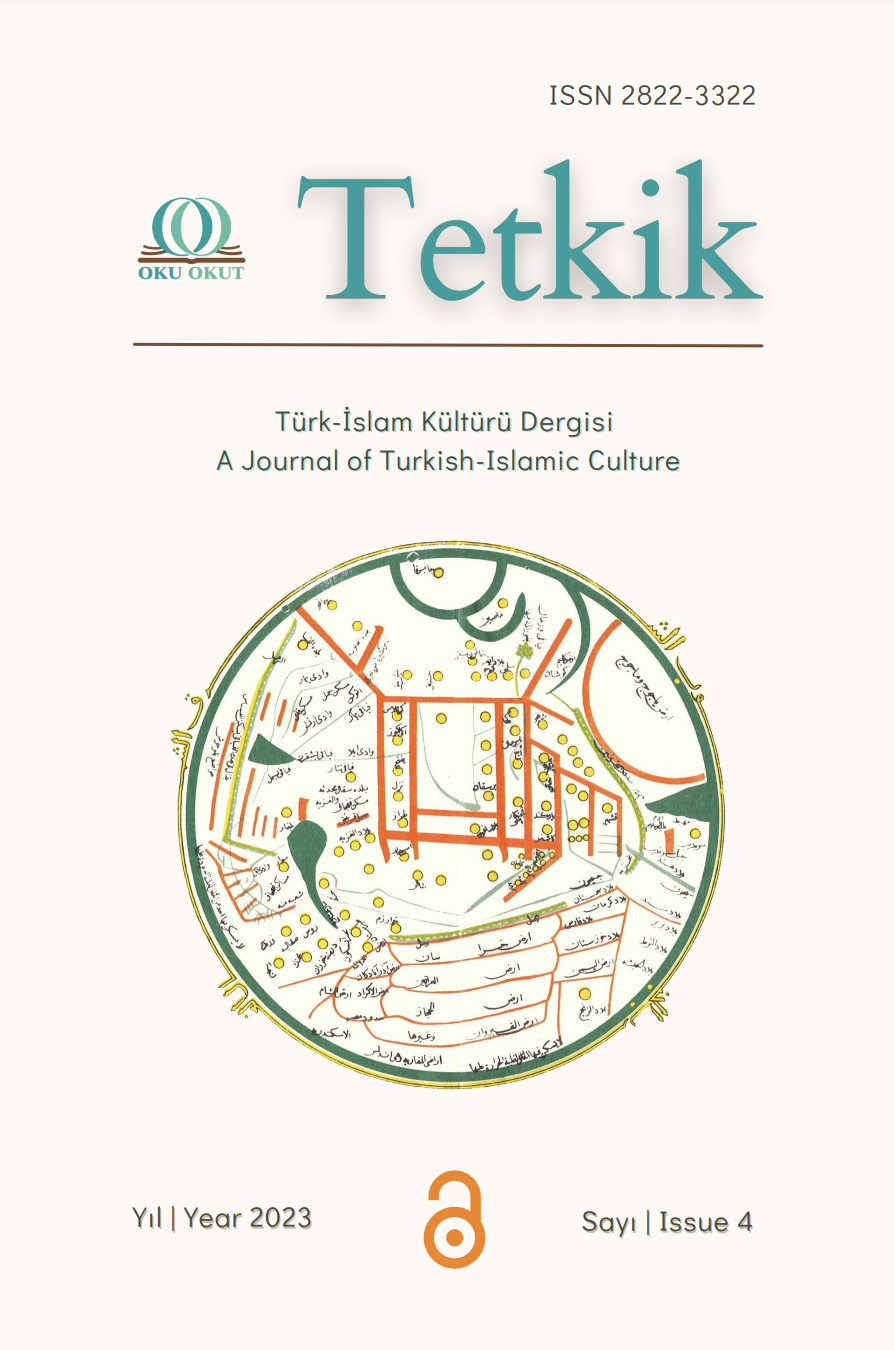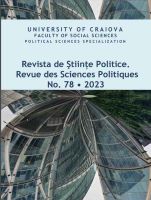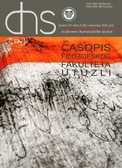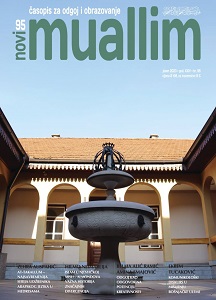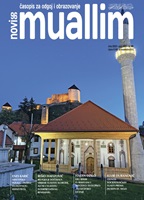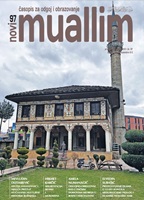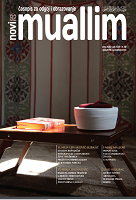
KAKO ISLAMSKOJ TRADICIJI U BOSNI I HERCEGOVINI VRATITI NJENU ŽIVOTVORNU ULOGU?
Contemporary man in general and the Muslims of Bosnia and Herzegovina in particular, have in the post-war period, for various reasons (globalisation, assimilation, marginalisation, industrialisation and its fast pace lifestyle, the violent destruction of tradition and its bearers) grown distant from their tradition. In as much as it may be completely understandable in regards to those areas of the tradition that have become obsolete over time and have lost their significance, it is not understandable, rather it is unthinkable that we should renounce the tradition which is a hallmark of our spiritual, moral and intellectual values, which inspires better and virtuous actions, stirs the most beautiful emotions and strengthens the sense of community. It is especially absurd to renounce those essential beliefs and teachings that make the warp and woof of our identity and of our very existence. By doing so, we lose our identity and the meaning of life and more significantly deprive ourselves of the possibility of existence in time and space. This article reminds us of the significance of tradition, of the necessity to return to it, and it reviews the most important modes that can revive the best of what our ancestors have left to us as heritage. This could be achieved through the education system on all levels, through activities of scientific and cultural institutions, but above all through an upbringing in our homes which is a foundation of our very existence and prosperity
More...
